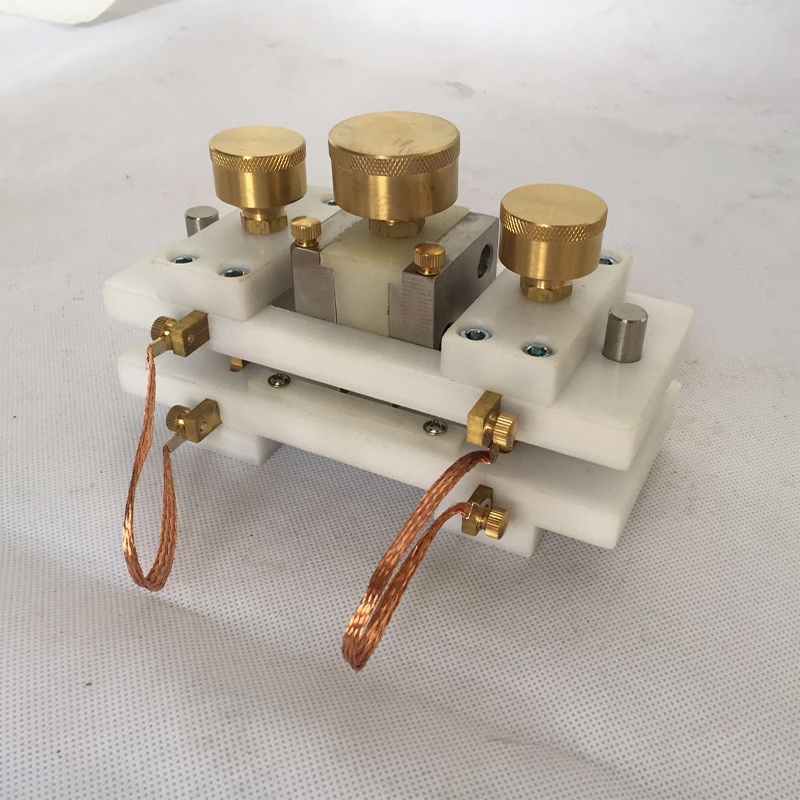High Performance Insulation Resistance Measurement Tools for Accurate Diagnostics and Reliability
High Insulation Resistance Measuring Instruments Ensuring Safety and Reliability
Insulation resistance testing is a crucial aspect of electrical maintenance and safety standards. Insulation resistance measuring instruments play a significant role in assessing electrical systems, ensuring they operate safely and efficiently. High insulation resistance measuring instruments are essential tools used in various industries, particularly in electrical and electronic sectors, to evaluate the integrity of insulation materials and prevent electrical failures.
Importance of Insulation Resistance Testing
Insulation resistance testing is vital for ensuring that electrical equipment operates safely without risk of short circuits or electrical shocks. Poor insulation can result in significant hazards, including equipment damage, operational downtime, and even catastrophic failures leading to injuries or loss of life. By utilizing high insulation resistance measuring instruments, professionals can identify potential issues in electrical systems before they escalate into more serious problems.
This type of testing is especially important in high-voltage applications and environments exposed to harsh conditions, such as moisture, chemicals, and extreme temperatures. Regular testing helps maintain electrical safety and reliability, extending the lifespan of equipment and ensuring compliance with safety regulations.
Understanding Insulation Resistance
Insulation resistance refers to the resistance offered by insulating materials to the flow of electric current. It is typically measured in ohms (Ω) and indicates the quality of the insulation used in electrical equipment. High insulation resistance values signify that the insulation is functioning correctly, while low values may indicate degradation or failure, which can result from factors such as age, environmental conditions, or mechanical stress.
High insulation resistance values are crucial for ensuring that electrical systems do not leak current, which can lead to overheating, equipment damage, and even electrical fires. Therefore, regular testing with a reliable insulation resistance measuring instrument is essential for preventing such hazards.
Types of High Insulation Resistance Measuring Instruments
There are several types of high insulation resistance measuring instruments available in the market, each designed for specific applications and requirements. Some common types include
1. Digital Insulation Resistance Testers These instruments offer precise measurement capabilities and often come with digital displays for easy reading. Many models feature multiple voltage options, allowing users to test various insulation materials.
2. Megohmmeters These are specialized devices designed to measure insulation resistance in the megohm range (millions of ohms). Megohmmeters are commonly used in industrial applications, where high voltage and high insulation resistance are standard requirements.
high insulation resistance measuring instrument

3. Micro-ohmmeters While primarily used for measuring low resistance, micro-ohmmeters can also assess insulation resistance in certain contexts. They are often employed to validate connections and ensure that the resistance remains within acceptable limits.
4. Insulation Resistance Analyzers Some advanced models can perform insulation resistance tests and analyze the insulation condition over time. These testers often provide additional features, such as data logging, trend analysis, and connectivity to software for improved reporting and monitoring.
Features to Consider
When selecting a high insulation resistance measuring instrument, several features should be considered
- Measurement Range Ensure that the instrument covers the voltage and resistance ranges appropriate for your specific applications.
- Safety Ratings Look for devices that meet industry safety standards to protect operators during testing.
- Durability Instruments should be rugged enough to withstand challenging conditions, especially in industrial environments.
- User Interface A clear and intuitive interface can enhance usability, reduce the likelihood of errors, and facilitate quicker testing.
- Documentation Capabilities Instruments that offer data logging and reporting features can help in maintaining records for compliance and review.
Conclusion
High insulation resistance measuring instruments are indispensable for maintaining the safety and reliability of electrical systems. They enable professionals to detect insulation degradation early, preventing potential failures and ensuring that equipment operates safely. By understanding the importance of insulation resistance testing and choosing the right instruments, organizations can significantly enhance their electrical safety protocols. Regular use of these measuring devices is a proactive approach to safeguarding both personnel and property from electrical hazards.
-
Why the Conductor Resistance Constant Temperature Measurement Machine Redefines Precision
NewsJun.20,2025
-
Reliable Testing Starts Here: Why the High Insulation Resistance Measuring Instrument Is a Must-Have
NewsJun.20,2025
-
Flexible Cable Flexing Test Equipment: The Precision Standard for Cable Durability and Performance Testing
NewsJun.20,2025
-
Digital Measurement Projector: Precision Visualization for Modern Manufacturing
NewsJun.20,2025
-
Computer Control Electronic Tensile Tester: Precision and Power for the Modern Metal Industry
NewsJun.20,2025
-
Cable Spark Tester: Your Ultimate Insulation Assurance for Wire and Cable Testing
NewsJun.20,2025
 Copyright © 2025 Hebei Fangyuan Instrument & Equipment Co.,Ltd. All Rights Reserved. Sitemap | Privacy Policy
Copyright © 2025 Hebei Fangyuan Instrument & Equipment Co.,Ltd. All Rights Reserved. Sitemap | Privacy Policy
